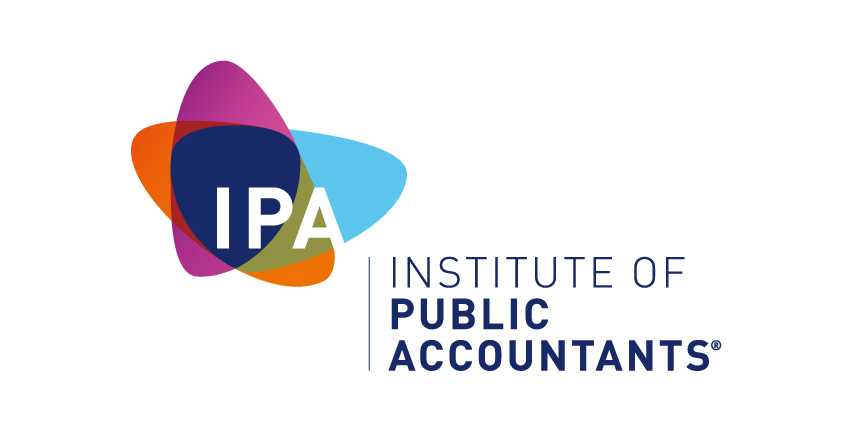REDUCE THE HARSHNESS OF THE SUPERANNUATION GUARANTEE CHARGE
Proposed changes to reduce the harshness of the superannuation guarantee (SG) charges for employers have been welcomed by the Institute of Public Accountants (IPA).
“The IPA has advocated that the SG charge imposes punitive costs on employers who pay their SG late or in part and the penalties are disproportionate to the mischief,” said IPA chief executive officer, Andrew Conway.
“In fact, the penalty regime can lead to further non-compliance delays in employers making superannuation contributions. The onerous penalty regime has done little to address the problem of unpaid superannuation which some experts say is on the rise.
“These punitive penalties have a significant impact on small businesses who are late in making SG payments due to cash flow issues.
“Small businesses do not have access to the same resources of larger entities when cash is tight. Due to limited funds, one option for a small business is to delay payment of employee obligations. While we don’t condone this practice, for many small businesses it is a reality.
“The Government has already reduced small business superannuation compliance through the expansion of the small business superannuation clearing house and we support such change.
“However, more can be done. In particular we believe the non-deductibility of late SG contributions when paid, is a harsh and unreasonable outcome.
“The interest charge, administrative fee and potential penalties are sufficient incentives for an employer to meet their SG obligations rather than pay the SG charge. We believe it is important to strike the right balance between employers who pay super on time and those who do not.
“Currently the SG is worked out based on the employee’s salary and wages which is a broader base than ordinary time’s earnings. We recommend moving to a single base for calculations, which will simplify the process for employers to comply with their super obligations.
“Removing the need to pay a potentially higher SG charge than the original amount of the contribution required to be made is a welcome improvement particularly for small businesses.
“We also agree with the Board of Taxation report to the Government ‘Review of Tax Impediments Facing Small Business’ which concluded that the non-deductibility of the SG charge is unreasonable and the requirement to complete and lodge an SG charge statement should be removed,” said Mr. Conway.
